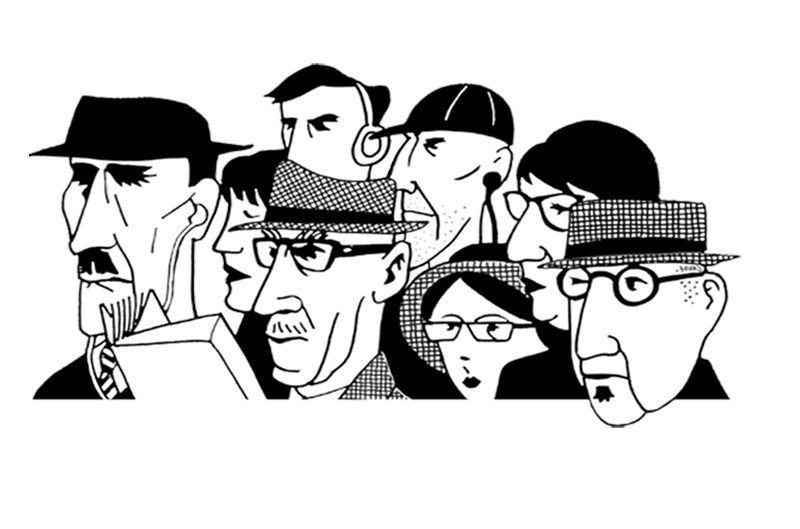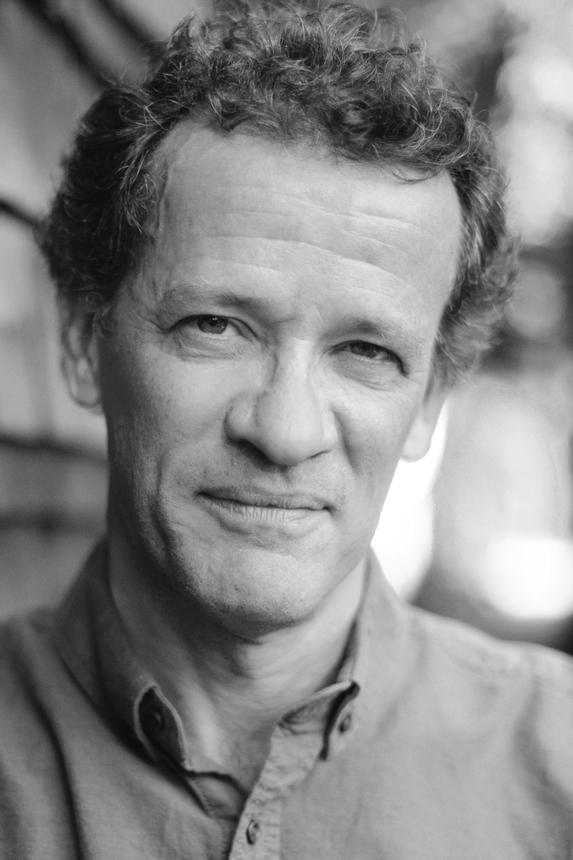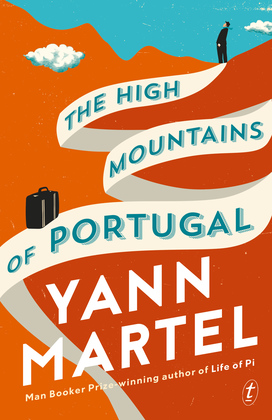‘The past is never done with: always the song continues.’
Harlow Donne has sacrificed his life to the study of the Classical world. So when he is invited to Oxford University to work on an obscure collection of papyrus fragments it is an academic’s dream come true. He must leave behind his daughter and wife in Canada, but offers like this don’t come twice and he badly needs a change of fortune. Then, while studying in the Bodleian Library, he unearths a completely undiscovered account of the Trojan War, a glimpse into the founding of Western civilisation itself. He names the poem The Psoad, after its protagonist, a commoner identified only as Psoas, the son of nobody.
As sole translator and author of The Psoad, Harlow dedicates the poem and its footnotes to his daughter Helen, allowing the text to unlock the echoes of the ancient Greeks into the present day, and to share a personal message with his beloved child. Despite the two-thousand-year gap between the two, a thread hasn’t frayed: the universal song of homesickness and regret, of ambition, love and grief.
In this masterpiece of myth, history and domesticity, Son of Nobody explores how stories become facts, the price we pay to share them and how we live – then, now and always.
andSon of Nobody
‘A brilliant novel of ideas….a powerful meditation on life, death, and the vanity of human wishes, all illustrated by a poem that would do Homer proud. A stunningly imagined revisitation of an ancient past that is every bit as awful as the present.’
‘An appealing labor of love.’
‘…a classical scholar uncovers a lost account of the Trojan war. The translated poem unfolds at the top of the page, with heartfelt footnotes addressed to his young daughter below, in a meditation on mythmaking, homemaking and storytelling.’
‘The much-loved author of 2001’s Life of Pi is back with a new novel. Known for his ability to balance intricate narratives with epic stories philosophical questioning, Martel’s Son of Nobody connects the lives of a foot soldier in the Trojan War with an academic who has abandoned his family life for his studies. A beautiful story about what we can learn from the past when it comes to homesickness, grief, love and ambition.’
‘Another staggering and insightful novel of ideas.’
‘Perfect for readers who love history, myth, and philosophical storytelling.’







